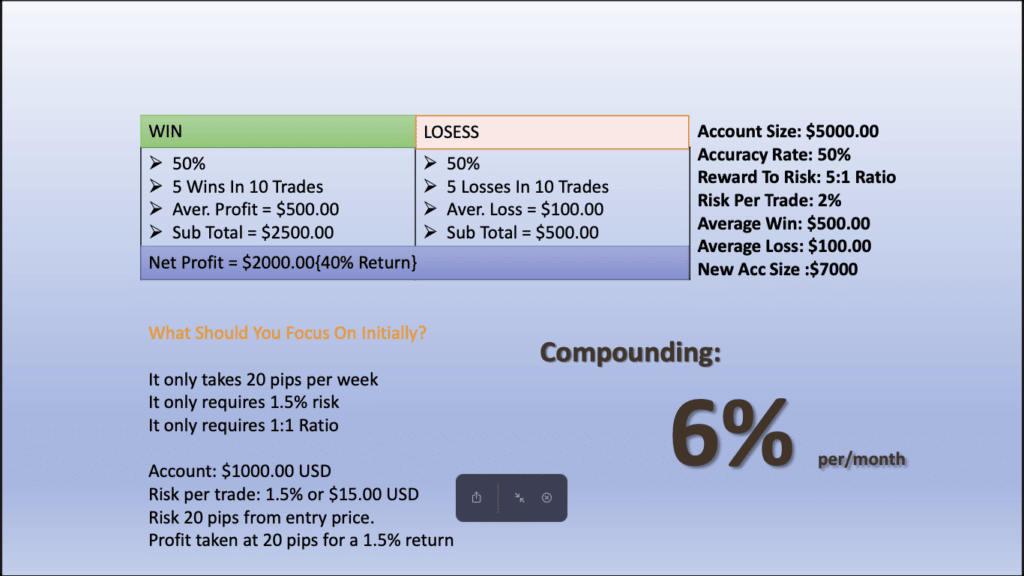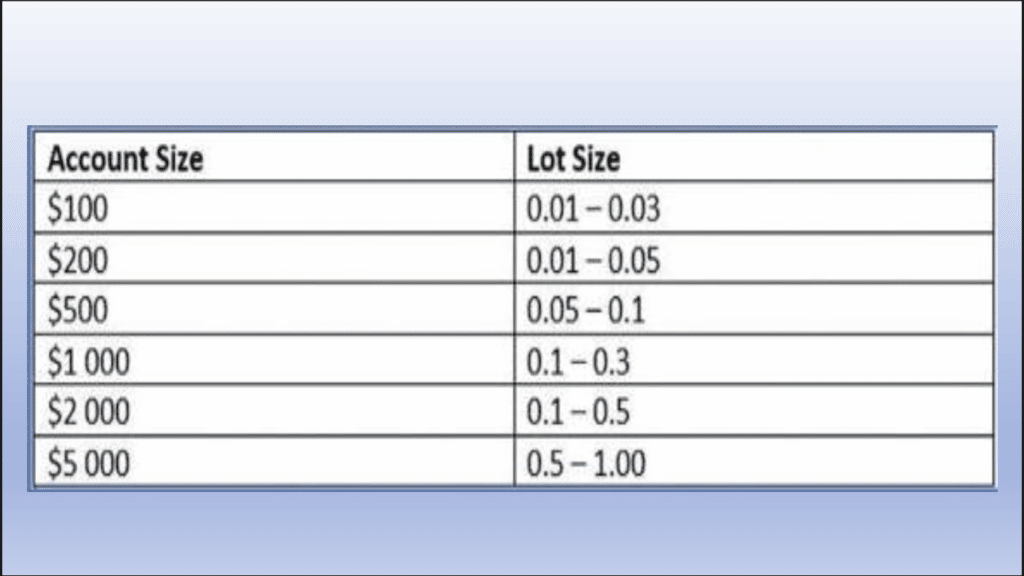The foreign exchange market, also known as forex, is the largest and most liquid financial market in the world. It’s where currencies are traded, and it plays a crucial role in the global economy. However, Forex trading is often misunderstood and shrouded in myths and misconceptions that can lead to unrealistic expectations and costly mistakes. Let’s shed light on what Forex is not and separate fact from fiction.
1. Forex Is NOT a Get-Rich-Quick Scheme
Perhaps the most pervasive myth about Forex is that it’s a quick and easy way to make a fortune. While it’s true that some traders have achieved remarkable success, it’s important to remember that Forex is not a lottery ticket.
- Profit Takes Time and Skill: Successful Forex trading requires dedication, discipline, and a thorough understanding of the market. It takes time to develop the skills necessary to analyze charts, interpret economic data, and make informed trading decisions.
- Risk Management is Key: Forex is inherently risky. The profit potential always comes with the possibility of loss. Responsible traders prioritize risk management and never risk more than they can afford to lose.

2. Forex Is NOT Gambling
Some people mistakenly equate Forex trading with gambling due to the element of risk involved. However, there’s a fundamental difference.
- Skill vs. Chance: While luck can play a role in the short term, successful Forex traders rely on skill and analysis to make informed decisions. They study market trends, economic indicators, and technical analysis to identify potential trading opportunities.
- Calculated Risk: Unlike gamblers who often rely on gut feelings or superstition, Forex traders use risk management strategies to control their exposure to potential losses.

3. Forex Is NOT Easy
The accessibility of Forex trading has led some to believe that it’s easy. The reality is that Forex is a complex and challenging market.
- Constant Learning: The Forex market is constantly evolving. Traders need to stay up-to-date with economic news, geopolitical events, and technological advancements that can impact currency prices.
- Psychological Challenges: Forex trading can be emotionally challenging due to the impact of greed, fear, and impatience on decision-making. Successful traders cultivate the mental strength to overcome these obstacles.
4. Forex Is NOT Only for Professionals
While it’s true that institutional investors and professional traders play a significant role in the Forex market, it’s not exclusive to them.
- Retail Trading: Advances in technology have made Forex accessible to individual traders. Online brokers offer trading platforms and educational resources that empower retail traders to participate in the market.
- Demo Accounts: Many brokers offer demo accounts where beginners can practice trading with virtual money. This allows them to gain experience and confidence before risking real capital.
5. Forex Trading Is NOT Without Risk
It’s crucial to acknowledge that Forex trading is inherently risky. There’s no guarantee of profit, and losses are a possibility.
- Leverage: Forex brokers offer leverage, which allows traders to control larger positions with a smaller amount of capital. While leverage can amplify profits, it can also magnify losses.
- Market Volatility: The Forex market can be extremely volatile, with prices fluctuating rapidly. This can result in significant gains or losses within a short period.
So, What IS Forex?
Forex is a dynamic and exciting market that offers profit potential, but it’s important to approach it with realistic expectations. It’s a challenging endeavor that requires knowledge, skill, and discipline. Forex is a legitimate investment opportunity for those willing to put in the effort, but it’s not a shortcut to wealth.
If you’re considering Forex trading, educate yourself thoroughly, start with a demo account, and never risk more than you can afford to lose. Remember, Forex is a marathon, not a sprint.
Disclaimer: This blog post is for informational purposes only and should not be considered financial advice. Always consult with a qualified financial professional before making any investment decisions.
